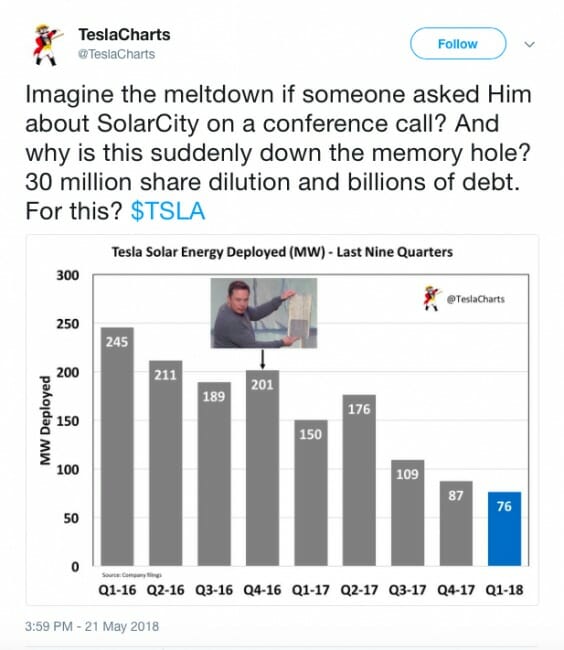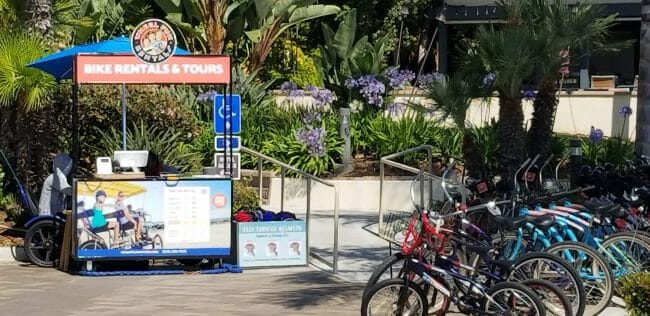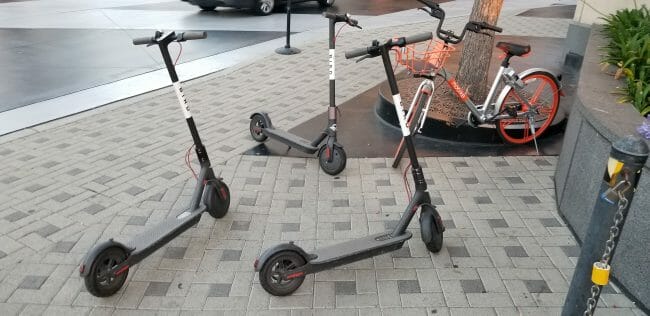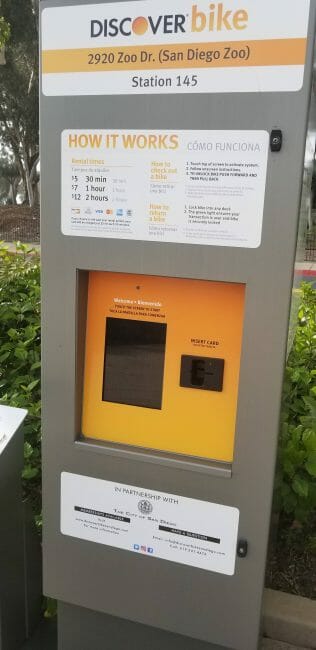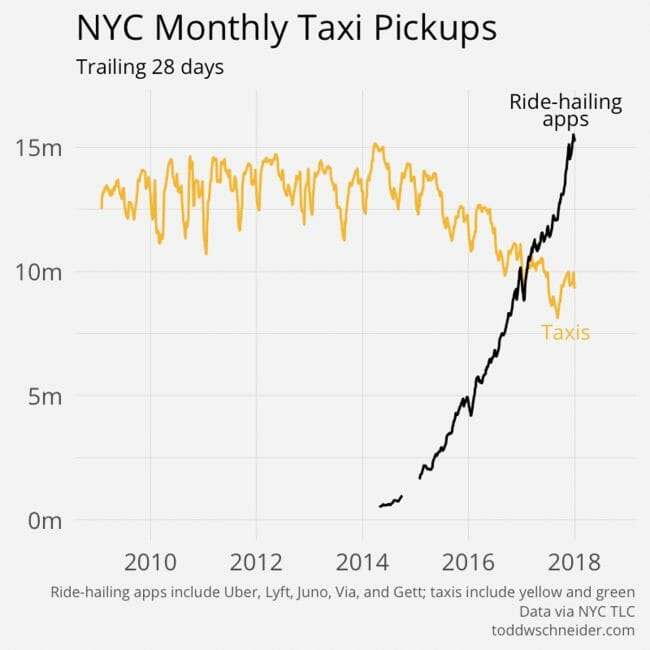Book Review: Bad Blood
Over the weekend I read John Carreyrou's book Bad Blood, which is a narrative of the fraud at blood analyzer startup Theranos that Mr. Carrreyrou broke in the WSJ. To save me summarizing the story, here is the Amazon description:
In Bad Blood, the Wall Street Journal’s John Carreyrou takes us through the step-by-step history of Theranos, a Silicon Valley startup that became almost mythical, in no small part due to its young, charismatic founder Elizabeth Holmes. In fact, Theranos was mythical for a different reason, because the technological promise it was founded upon—that vital health information could be gleaned from a small drop of blood using handheld devices—was a lie. Carreyrou tracks the experiences of former employees to craft the fascinating story of a company run under a strict code of secrecy, a place where leadership was constantly throwing up smoke screens and making promises that it could not keep. Meanwhile, investors kept pouring in money, turning Elizabeth Holmes into a temporary billionaire. As companies like Walgreens and Safeway strike deals with Theranos, and as even the army tries to get in on the Theranos promise (there’s a brief cameo by James “Mad Dog” Mattis), the plot thickens and the proverbial noose grows tighter. Although I knew how the story ended, I found myself reading this book compulsively
In short, I really enjoyed the book and found it hard to put down. Carreyrou has made it an interesting narrative, that gets bogged down only slightly by the fact that there are just so many people's names that pass through the narrative, an unavoidable problem given the huge employee turnover at Theranos. There is a meta-narrative that repeats over and over: new employee shows up full of passion, new employee starts seeing bad stuff, new employee reports bad stuff to visionary founder, visionary founder fires employee on the spot, employee gets harassed for months and years by Theranos lawyers.
I will warn you that a book like this was always going to be catnip for me. I love business craziness and disaster stories (e.g. Barbarians at the Gate and the Devil's Candy). Possibly this is just schadenfreude, or possibly it was from my personal brush with another one (I worked for Jeff Skilling briefly at McKinsey & Co. on the Enron study). But I think many will enjoy it, if for no other reasons that while Skilling at Enron or Johnson at RJR were not well known to the average person, Elizabeth Holmes was a household name, almost a pop culture figure. She was on the cover of every magazine and on every talk show. She was both admired and envied, both as a young female billionaire and as someone who had a real vision to help humanity. How did she go so far off the rails?
I followed this story originally in the pages of Carreyrou's WSJ articles, and as it unfolded I was asking, like most everyone, could this be true? As he continued to report, it became steadily clearer that there was real fraud involved. So I wanted to read the book and see where the fraud started. I assumed that the central mystery of the book would be when that fateful step over the line occured.
But it turned out that Holmes was going over the line almost from the very beginning. The real mystery became: when and how is someone finally going to blow the whistle on this? And also, given that I knew the whole thing doesn't start to unravel until 2016 or so, how is it going to take that long for this to come out? Part of the answer is the insane security and non-disclosures put in place in addition to borderline-unethical legal pressure brought on potential whistleblowers by lawyers like David Boies. But there are other causes as well, including:
- People wanted her vision to be true. My wife is a borderline diabetic who has to give a lot of blood -- she was very passionate about this technology.
- Companies like Walgreens operated from a fear of missing out. They had a lot of clues there were problems, but if they didn't pursue it, what if it really did work and their competitors did the deal instead?
- The oddest cause of all (and one Carreyrou does not really dwell on) was that rich older men fell for Holmes hard. Hardened, seasoned business people time and again fell under her sway and followed her almost like a cult leader and helped protect her from accountability. The list is like a who's who: Larry Ellison, Steven Burd (CEO of Safeway), Rupert Murdoch, David Bois, James Mattis, George Schultz, Henry Kissinger -- the list goes on and on. She had the highest power board I have ever seen at any company ever and she completely dominated them. On the other hand, I don't think there is a single young female in the story who fell for her BS for more than a few months.
One other note that I think is worth mentioning: Rupert Murdoch gets a lot of cr*p for being the poster child of destructive corporatization of media. In this story, he was the single largest investor in Theranos with $125 million of his money in the company. He was one of the older men who fell totally for Holmes. But when Holmes came to him several times asking him to shut down an out of control reporter at Murdoch-owned WSJ, Murdoch said no, despite the fact that this reporting would eventually make Murdoch's $125 million investment worthless.
